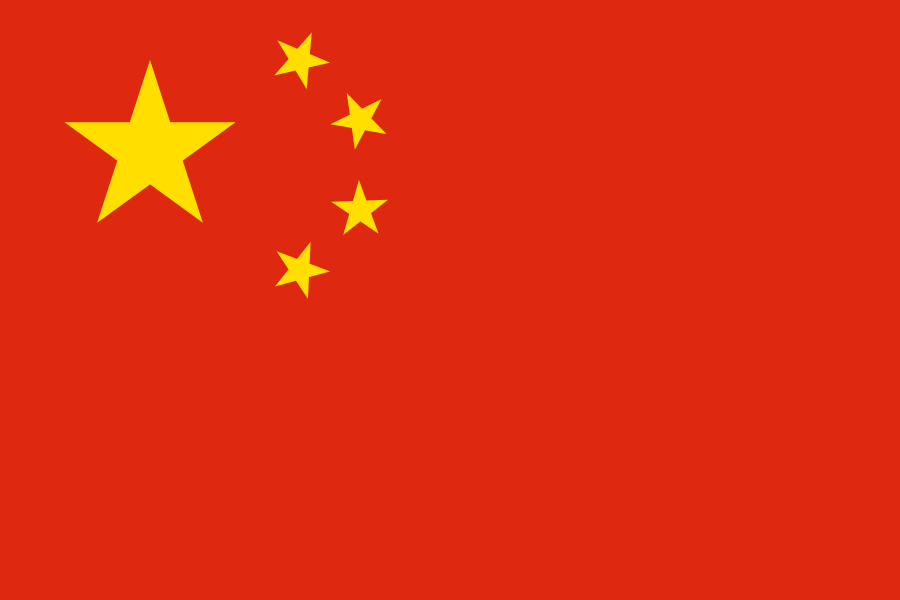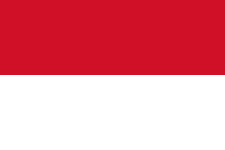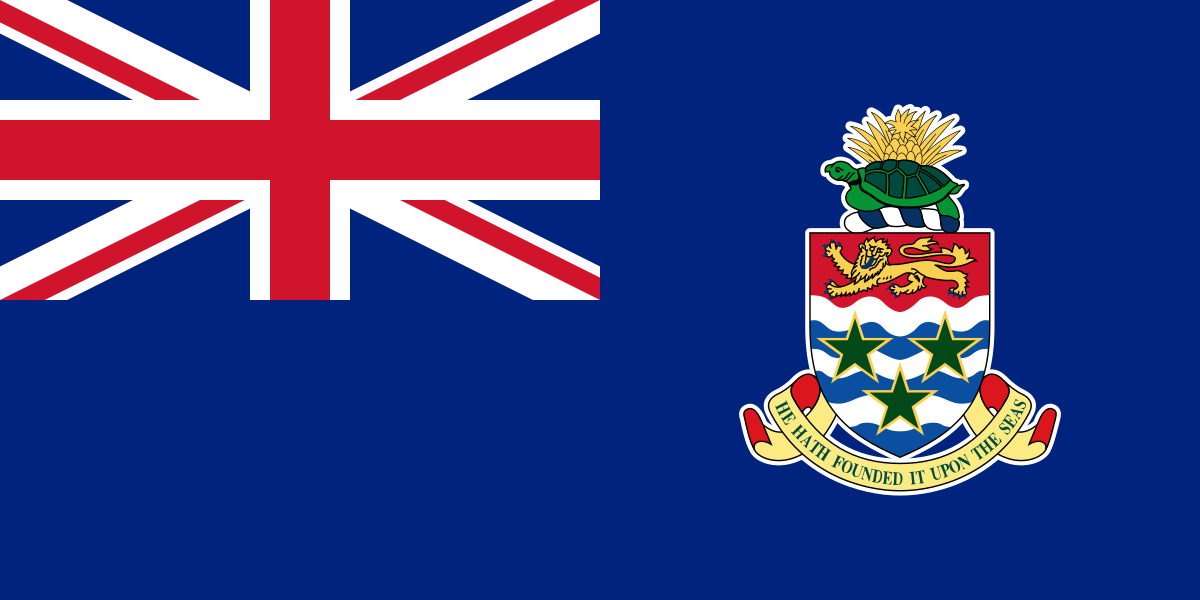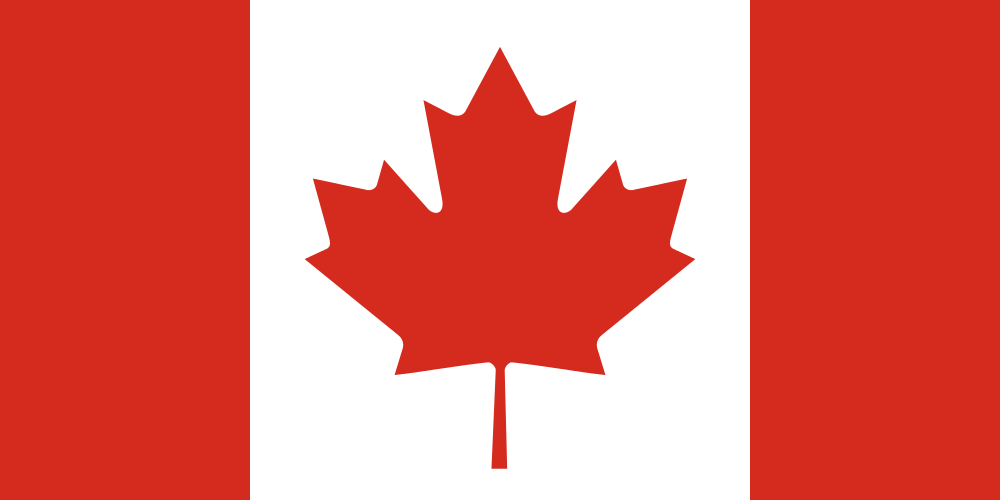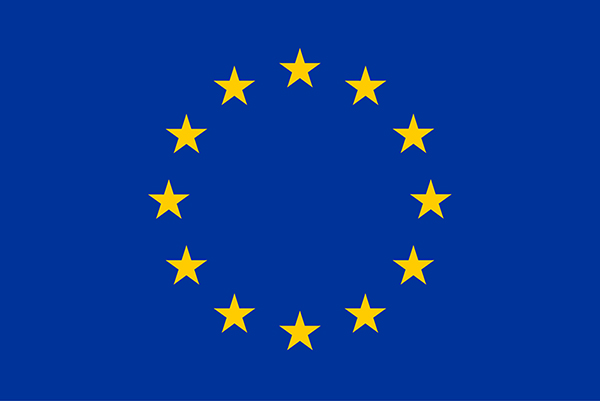- Industry
- Region
- Country / Region
On December 29, 2025, the Telecom Engineering Centre of India (TEC) issued three notices to postpone the implementation of a series of certification requirements, the main contents of which are as follows:
- Following the notice on June 26, 2025 that the deadline for receiving ILAC test reports from non-border sharing countries for four types of products, including cellular network base stations, was extended to December 31, 2025, this time it was extended by half a year to June 30, 2026. Click this link to download the original text of the notice;
- Similar to the above, extend the PON Series broadband device exemption period from December 31, 2025 to June 30, 2026. Clicking this link to download the original notice;
- Similar to the above, extend the reporting exemption for products such as repeaters, NB-IoT, 5G FR2, or specific parameters from December 31, 2025 to June 30, 2026. Click this link to download the original notice from this link.
On December 23, 2025, CNCA issued Announcement No. 27 of 2025 on its official website, the main contents of which are as follows:
In order to further improve the compulsory product certification system, implement the main responsibility for product quality and safety, prevent illegal acts such as counterfeit certification marks and false certifications, and facilitate the public and regulatory authorities to inquire about the relevant information of certified products and producers through the compulsory product certification mark (hereinafter referred to as the CCC mark), the CNCA has decided to implement pilot reforms on the CCC mark specifications and additional requirements for power banks and other products, and hereby announces the relevant matters as follows.
1. Pilot products
Mobile power banks (power banks), electric bicycles and safety accessories, gas combustion appliances and safety accessories in the mandatory product certification catalogue.
2. Pilot work items
(1) CCC logo specifications and management requirements for pilot products
On the >basis of implementing the "Management Requirements for Compulsory Product Certification Marks", the designated certification body and certified enterprises should mark the traceability QR code on the right side of the CCC logo pattern of the pilot product, which is adjacent and inseparable, and the pattern should be clear and complete. The specification of the CCC logo of the pilot product is shown in the legend description in the attachment.
The traceability QR code should comply with the QR code rules for certification certificates in the "Requirements for the Administration of Compulsory Product Certification Certificates" or the "Standard Specification CCC Mark Traceability Coding Rules" (Secret Letter [2023] No. 36). The printed/molded CCC logo traceability QR code is provided by the designated certification body to the certified enterprise when issuing the CCC certification certificate. The standard specification CCC mark traceability QR code is added by the designated certification body when organizing the printing of the logo.
The public, regulatory authorities and other relevant parties can obtain the corresponding certified product information by scanning the traceability QR code, including the certification certificate number, producer name, product specification and model, certificate status, issuing institution, etc.
(2) Pilot work arrangements
From March 1, 2026, products that have newly obtained CCC certification in the field of pilot products should be marked with CCC traceability QR codes in accordance with the requirements of this announcement before they can be shipped, sold, imported or used in other business activities.
From March 1, 2027, all certified products corresponding to the pilot product field should be marked with CCC traceability QR codes in accordance with the requirements of this announcement before they can be shipped, sold, imported or used in other business activities.
Before March 1, 2027, products that have been certified in the pilot field that have been added with the CCC mark in accordance with the current requirements and are shipped, sold, imported or used in other business activities will not be required to change the logo.
3. Relevant work requirements
All designated certification bodies should further strengthen and improve the management of CCC marks, establish a certification management information platform that meets the requirements of pilot work, and ensure the effective verification of CCC mark traceability QR code information. During the pilot work, each designated certification body should promptly provide the pilot product certification enterprises with traceability QR code electronic documents or standard specifications of CCC marks with traceability QR codes to guide the certified enterprises to use the CCC mark correctly; The use of the CCC mark of certified enterprises is the key inspection content in the post-certification supervision work, understand and master the production of certified products, strengthen the risk control ability of certified products, and ensure the effective implementation of the pilot work.
When applying the CCC mark to the pilot product certification enterprises, it should strictly follow the "Mandatory Product Certification Certificate Management Requirements" and the requirements of this announcement, establish the logo use and management system of the unit, ensure that the QR code information is consistent with the certified product information, and record and archive the use of the logo.
Annex: the CCC logo specifications and management requirements of the pilot products
Click this link to view the original announcement.
On December 22, 2025, the Federal Communications Commission (FCC) updated the covered list to include foreign-made unmanned aerial systems (UAS) and critical components and "continue to be in effect." According to a media press release issued by the FCC, foreign-made unmanned aerial systems (UAS, commonly referred to as drones) pose a threat to national security. New equipment included in the covered list may not be authorized by the FCC and may not be imported into the United States for use or sale. This update does not prohibit the import, sale, or use of existing equipment models that have previously been approved by the FCC.
The FCC also decided on December 23, 2025, to postpone the processing of applications for the following authorization codes: 2AGNT (Shenzhen Auto Robot Co., Ltd.); 2ANDR (Shenzhen DJI Lingmu Technology Co., Ltd.) and SS3 (Shenzhen DJI Innovation Technology Co., Ltd.).
Click this link to see the updated list of covered manifests.
On December 19, 2025, the Indonesian Ministry of Communication and Digital (KOMDIGI) issued Circular 569/2025 with amendments to Circular 352/2024 which is a technical regulation for LTE and NR products. The amendment will take effect on January 19, 2026. Since B41/n41 is an additional band in the new regulation, products that have already been certified will need to be recertified if they want to activate the band.
Click this link to view the original Circular 569/2025.
Following a previous public consultation by the Telecommunications Authority of Pakistan (PTA) on May 30, 2025, regarding the revision of the regulatory framework for short-range devices (SRDs) and the Internet of Things (IoT), the PTA released the Regulatory Framework V1.4 for Short-Range Devices (SRDs) and Internet of Things (IoT) Services on December 18, 2025, effective from the date of publication. The new framework emphasizes data security and that no data should be stored outside Pakistan without the approval of the Authority. In addition, if national security is necessary, the certificate holder must suspend service immediately.
Click this link to view the original PTA SRD & IoT Regulatory Framework V1.4.
From December 16 to December 23, 2025, the French National Frequency Authority (ANFR) has successively issued three compliance rectification notices:
- BLACKVIEW SHARK 8: ANFR commissioned a certification laboratory to test the phone's SAR value, which exceeded the 2 W/kg limit set by the European Union. ANFR requested corrective action from BLACKVIEW. The company then released a software update that reduced the device's transmit power near the head to ensure compliance. ANFR verified and confirmed that the updated head SAR value had been reduced to meet the regulatory requirement of 2 W/kg. Software updates can be automatically pushed to user devices via mobile networks or Wi-Fi;
- OUKITEL WP36: In SAR value tests conducted by certified laboratories, the OUKITEL WP36 mobile phone has a limb SAR value of 5.40 W/kg, exceeding the 4 W/kg limit set by the European Union. OUKITEL then decided to reduce the transmit power of the device with a software update. ANFR validated and confirmed that the updated device had a reduced limb SAR value of 2.97 W/kg, meeting the regulatory requirement of 4 W/kg. Software updates can be automatically pushed to the relevant device over the data network (cellular or Wi-Fi);
- Google Pixel 9: Pixel 9 phones do not comply with the requirements of Law No. 2022-300 of March 2, 2022 for failing to provide the activation option of parental controls when the device is first activated under certain circumstances (involving the use of minors over 15 years of age). ANFR has officially notified Google, which released a software update on November 14, 2025, that fixes the issue. ANFR verifies that the update already provides parental control options in all cases during the initial setup process, and users can choose whether to enable them or not.
Click the above link to view the original ANFR related notice.
On December 15, 2025, the Cayman Islands Utilities Regulatory and Competition Office (OfReg) issued a regulatory notice clarifying the types of information and communication technology (ICT) networks and services that need to be licensed under the Information and Communication Technology Act (2019 Revision). The notice confirms that all ICT networks and services operating in the Cayman Islands are subject to licensing. The notice also outlines the applicable licensing categories, including network licenses, service licenses, transmitter licenses, spectrum allocation, category licenses, and experimental or temporary licenses.
Annex 2 of the notice specifies the allowable frequency bands and operating limits for short-range devices (SRDs) that comply with FCC and ETSI standards. Technologies covered include Wi-Fi, Low Power Wide Area Network (LPWAN), Radio Frequency Identification (RFID), wireless audio, medical devices, radar applications, and remote controls. Among them: the 6GHz frequency band (5925–6425MHz) is only allowed for Wi-Fi 6E, and only for low-power indoor (LPI) and ultra-low-power (VLP) devices, and cannot be used for standard power or outdoor use without authorization; The 865.5–867.6MHz bands can be used for RFID, subject to specified power limits and channelization conditions.
Click this link to view the original OfReg regulatory notice.
On December 12, 2025, Innovation, Science and Economic Development Canada (ISED) officially released the radio standard specification RSS-252 Issue 3. This standard applies to intelligent transportation system (ITS) in-vehicle units operating in the frequency range of 5895–5925 MHz. The new version replaces the second version and introduces a number of key updates, including a new section outlining channel allocation, further clarification of transmitter power requirements, revisions to unwanted transmit limits, and other editorial changes and clarifications.
RSS-252 Issue 3 has been effective since its publication, and ISED has routinely provided a 6-month transition period. Click this link to view the original RSS-252 Issue 3.
On December 11, 2025, the European Commission issued Commission Implementation Decision (EU) 2025/2499, which revises the harmonized standards for short-range devices (SRDs) and airborne mobile communication systems.
The main changes are as follows:
- Removal of the old version of the standard: EN 300 220-2 V3.1.1 for short-range devices (SRDs) in the frequency band from 25 MHz to 1 000 MHz, EN 302 480 V2.2.1 for airborne mobile communication systems (MCOBA) and EN 302 729 V2.1.1 for short-range devices using ultra-wideband (UWB) technology. The effective date of standard deletion is June 11, 2027;
- The following harmonized standards have been added: EN 300 220-2 V3.3.1, EN 302 480 V3.1.1, EN 302 729-1 V3.1.1, EN 303 659 V1.1.1 short-range devices in data networks, EN 305 550-6 V1.2.1 specific wireless measurement equipment (e.g. detection radar) in the frequency band from 40 GHz to 260 GHz.
Click on this link to view the original text of (EU) 2025/2499.
On December 10, 2025, the European Commission launched a public consultation to discuss an initiative aimed at repealing the RED Cybersecurity Delegated Regulation (EU) 2022/30. The initiative aims to repeal (EU) 2022/30 after the Cyber Resilience Act (CRA) goes into effect on December 11, 2027. This is intended to avoid overlap and ambiguity between the basic cybersecurity-related requirements of the Radio Equipment Directive and those in the Cyber Resilience Act.
Click this link to view the original public consultation, and the comment period is until January 7, 2026.

